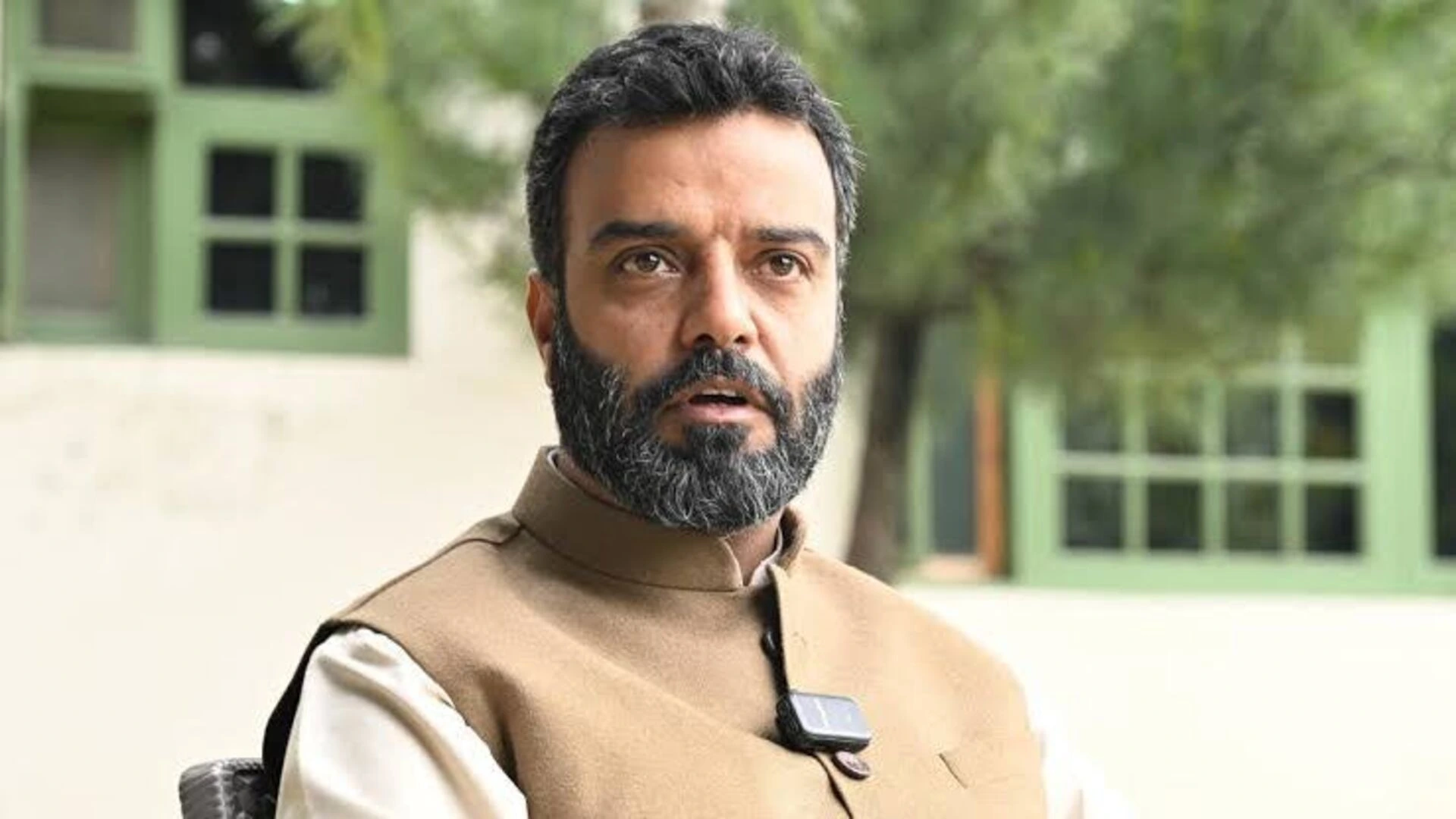Rashmi Khurana’s latest solo exhibition, Echoes of Her Truth, presented by Art Konsult Gallery and curated by Rahul Bhattacharya, offers viewers an evocative exploration of memory, identity, and the materiality of art. The exhibition, held at Living Tradition Centre, Bikaner House, New Delhi, from September 26 to October 1, 2024, and later at Hauz Khas Village from October 4 to 14, 2024, challenges conventional distinctions between painting and sculpture, merging the two forms through her innovative use of paper mache and gestural abstraction.
Khurana’s artistic journey has evolved over the years, with her work becoming an intricate dance between personal memory and collective identity. In an exclusive conversation with the artist, she shared insights into how her practice has shifted from a focus on individual memories to a broader exploration of cultural and historical narratives. “During the initial years of my art practice, I focused on memory to paint my personal narratives,” she explains. “Over time, I began to incorporate cultural and historical contexts, examining collective memory and its impact on identity formation.”
This evolution is reflected in Echoes of Her Truth, a series that uses both traditional and innovative materials like paper mache to create tactile, textured pieces. Khurana’s choice of material is far from arbitrary. It is, in fact, central to her artistic process. “I use shredded paper and laboriously convert it into paper pulp, spreading the paper mache onto canvas using my hands,” she says. This hands-on approach echoes the themes of memory and identity in her work, embodying the idea that our experiences and identities are shaped and reshaped over time, just like the paper she works with.”The material embodies the themes of growth and transformation,” she reflects. “It invites viewers to engage not only visually but also emotionally, fostering a deeper connection.” The textures she creates evoke feelings of nostalgia and complexity, reflecting the layered nature of human experience.
Her creative process, which she describes as meditative, also plays a significant role in shaping her final pieces. “The act of layering colors and building textures mirrors the repetition found in chants,” Khurana explains. This ritualistic approach allows her to enter a flow state, where distractions fade and intention takes over. “It’s like continuous holy chants, inviting exploration and contemplation on multiple levels,” she says. This sense of mindfulness is evident in the finished works, which seem to invite viewers into a space of shared introspection and emotional depth.
Rahul Bhattacharya, the curator of Echoes of Her Truth, highlights the personal and emotional dimensions of Khurana’s work. “Rashmi’s practice engages with the physicality of the medium in ways that speak to deeper emotional truths,” he says. “Her works invite viewers to not only look but to feel, to engage with the work physically and emotionally.”
The exhibition features four interconnected series: Roots, Invocations, Fantasies, and UnSplashes. Each series reflects different aspects of identity, from the deep, earthy tones of Roots, which evoke the sedimentation of memory and cultural inheritance, to the playful, fluid forms of Fantasies, which explore the realm of imagination and possibility. Together, these works challenge traditional distinctions between painting and sculpture, offering a dynamic exploration of how personal and collective narratives shape our understanding of self.
Echoes of Her Truth is an invitation to explore the layers of self, to engage with art not just as a visual experience, but as an emotional and psychological journey. Through her innovative use of materials and abstraction, Khurana’s work speaks to the universal human experience of memory, identity, and transformation, offering viewers a space for reflection and discovery.







